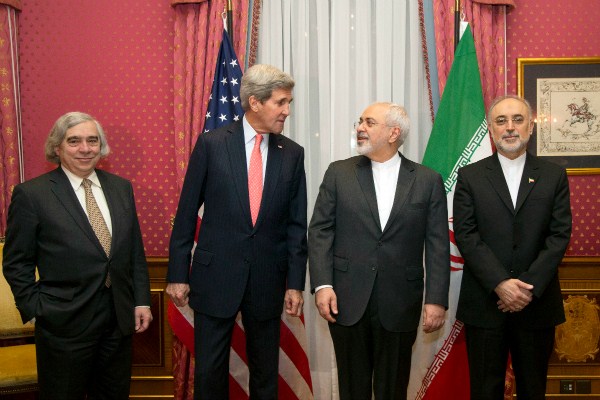With negotiations for a deal on Iran’s nuclear program getting down to the wire, differences between the U.S. and Israel have come to the fore, highlighted by Israeli Prime Minister Benjamin Netanyahu’s controversial speech to the U.S. Congress in early March. It would be a mistake to reduce these differences to the personal animosity reported to exist between Netanyahu and U.S. President Barack Obama. As Steven Metz explained in his WPR column last week, they have more to do with America and Israel’s different strategic cultures.
But they also reflect how the dramatic changes in the Middle East’s geopolitical landscape have created a fundamental divergence of U.S. and Israeli strategic interests. Far from being transient, the resulting disconnect is destined to be enduring, a fact that Netanyahu’s bellicosity can obscure but not alter.
For the past 35 years, U.S. policy in the Middle East was anchored around the double containment of Iran and, until 2003, Iraq. Now a variety of factors, from the rise of the so-called Islamic State (IS) to ongoing civil war in Syria and deepening unrest in Yemen, have made it more in Washington’s interests to enlist Iran’s involvement in managing the changes sweeping the region. That puts the U.S. on a collision course with Israel as well as other U.S. partners in the Middle East—Saudi Arabia and Egypt most prominent among them—that have doubled down on defending the status quo ante at all costs.

